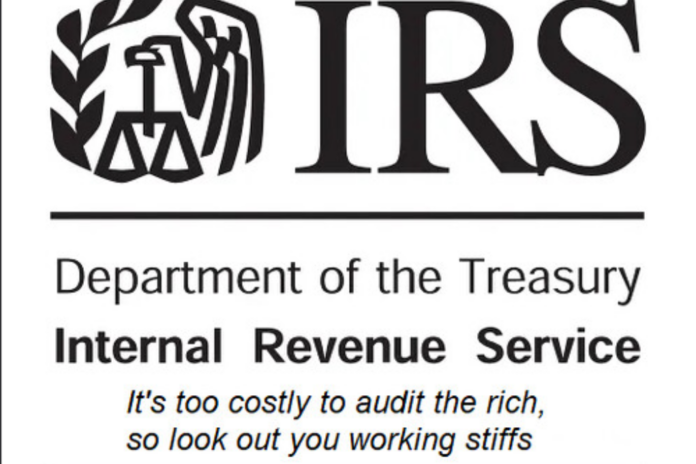
Tax season is inching ever closer and that means the government is probably up to something in the shadows.
This year a new bipartisan tax proposal is starting to gain momentum in Congress.
But the Washington, D.C. establishment is in chaos after this eye-opening report exposed how much their so-called “tax relief” plan will cost taxpayers.
Tax proposal to cost billions
Senator Ron Wyden (D-OR) and Rep. Jason Smith (R-MO) have been working on a new bipartisan tax proposal that is starting to pick up steam in Congress.
However, the cost of the proposal has been highly “understated,” according to one budget watchdog group.
The ruling class politicians claim that the budget for the change is $79 billion, but that figure is only based on the year spanning through 2025.
According to The Committee for a Responsible Federal Budget (CRFB), the so-called “Tax Relief for American Families and Workers” Act, would actually last much longer and cost working class taxpayers a staggering $650 billion over the next ten years.
Another organization, the Tax Policy Center, recommends that lawmakers use a 10-year window whenever they make massive tax overhauls.
The Joint Committee on Taxation (JCT) was created to examine the “operation, effects, and administration of the Federal system of income and other internal revenue taxes,” and the Committee says the Child Tax Credit expansion in the bill would cost $33 billion.
Overall, the establishment’s so-called “tax relief” would cost working class taxpayers $180 billion through 2033 due to a high likelihood that it will be made permanent.
The CRFB concluded that the estimate of the child tax credit provision is not accurate and will most likely end up costing taxpayers much more than the elites claim.
They pointed out that the JCT estimate “assumes the current credit is extended beyond its 2025 expiration but does not account for the cost of that extension.”
Three business tax breaks are also in the proposal, including a 100% “bonus depreciation for business equipment purchases, a looser limit on interest deductibility, and full expensing of research and experimentation costs.”
According to the JCT estimate, the business provisions would potentially cost $33 billion through 2025, but CRFB reported that the true cost would be $525 billion over the next decade.
The numbers don’t jive
Other business provisions include permanently increasing the limitations on how businesses file their depreciable assets.
Per the JCT score, those provisions would cost approximately $33 billion “as written.”
“Because these provisions rely in part on changing the timing of tax payments, costs would be far higher on a permanent basis – we estimate more than $525 billion over a decade,” the CRFB added.
The bill has thus far passed out of the House Ways and Committee, but has not been put to a vote on the House floor, while the Senate Finance Committee is considering the proposed legislation.
As a noted RINO, Chairman Smith wrote in a statement that he believes the new bill “shows there is a path forward for Republicans and Democrats to come together and deliver tax relief for workers, families, farmers, and small businesses.”
He also claims that it will “help America compete and win against countries like Communist China, encourage small businesses to grow and invest in American jobs and opportunity, and save taxpayer dollars by ending a COVID-era policy that has become the poster child for fraud.”
US Political Daily will keep you updated on any developments to this ongoing story.












